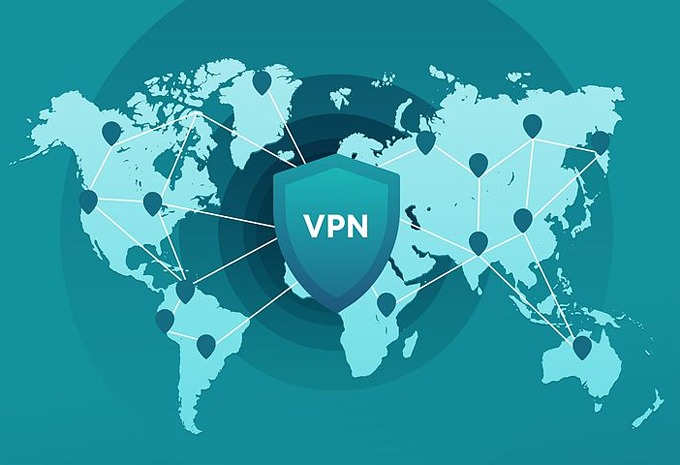What are the Different Types of VPNs?

In today’s digital age, the importance of online privacy and security cannot be overstated. Virtual Private Networks or VPNs, serve as a critical tool in safeguarding personal and business data from prying eyes. Whether you’re working remotely, managing an enterprise network or simply browsing the internet from home, a VPN can provide the security layer you need to protect your internet traffic from cyber threats and surveillance.
But not all VPNs are created equal. From software solutions to hardware installations and specialised configurations for specific needs, the range of VPN options available can be overwhelming.
This blog explores the different types of VPNs, highlighting their unique features and uses, including an in-depth look at pre-configured VPN routers – a convenient choice for those looking to secure multiple devices effortlessly.
Let’s dive into the world of VPNs to understand how they work and which type might be the best fit for your security needs.
Types of VPNs Based on Technology
Software VPNs
Software VPNs are applications installed on a device to encrypt its internet connection. They are popular among individual users and small businesses due to their affordability and ease of use. These VPNs work across various operating systems including Windows, macOS, iOS and Android.
Hardware VPNs
Hardware VPNs involve physical devices designed to provide network security for entire organisations. These dedicated appliances handle encryption and traffic routing more efficiently than software-based solutions, making them ideal for large businesses with high security and performance needs.
Browser Extensions
VPN browser extensions are simple plugins that protect browser traffic, offering a convenient, though limited, level of security and privacy. Ideal for casual internet users, these extensions can quickly switch between different server locations and are easy to manage but they only secure traffic that flows through the browser.
Types of VPNs Based on Purpose
Remote Access VPNs
Remote access VPNs allow individuals to securely connect to a private network from a remote location via the internet. This type of VPN is essential for employees who need to access corporate resources securely from home or while traveling. It uses encryption and authentication to ensure that only authorised users can access the network and that their data remains confidential during transmission.
Site-to-Site VPNs
Site-to-site VPNs connect the networks of two or more geographically separate offices of the same organisation, creating one cohesive network. Unlike remote access VPNs, which are designed for individual users, site-to-site setups are ideal for connecting multiple fixed sites over the internet. They can be categorised into intranet-based, for connecting several offices of the same company and extranet-based, for linking a business with its partners or customers, ensuring secure communication between entities.
Specialised VPN Configurations
Different VPN setups cater to specific operational needs beyond the typical user or organisational scenarios. Here are a few specialised configurations:
- MPLS VPN: Employed mainly by Internet Service Providers, MPLS (Multiprotocol Label Switching) VPNs enhance data flow efficiency across a wide network.
- SSL VPN: Secure Sockets Layer VPNs allow users to access network resources from any internet-enabled location without specific client software, simply through web browsers, making it convenient for secure web browsing and remote access.
- Mobile VPN: A mobile VPN maintains a consistent connection for devices that move between various networks, ensuring uninterrupted service and reliability for users who need seamless access while on the move.
Pre-Configured VPN Routers
Pre-configured VPN routers are specialised hardware devices that come with VPN software already installed, offering a plug-and-play solution for secure internet access across all connected devices. Unlike standard routers that require manual VPN installation and configuration, these devices simplify the process, making them an ideal choice for users without technical expertise.
Benefits of Using a Pre-Configured VPN Router:
- Easy Setup and Use: These routers eliminate the complexity of configuring VPN settings, enabling even non-technical users to establish a secure network effortlessly.
- Enhanced Security Features: With advanced encryption protocols pre-installed, these routers provide superior protection against cyber threats, safeguarding all data transmitted through your network.
- Uniform VPN Protection: A pre-configured VPN router extends VPN protection to every device connected to your network, ensuring comprehensive security for smartphones, tablets, computers and other smart devices without individual setup.
These advantages make pre-configured VPN routers a compelling option for home users and small businesses seeking robust network security with minimal fuss.
Deciding on the Best VPN Solution
Understanding the different types of VPNs helps you choose the right one to meet your security needs. Whether for individual privacy or organisational security, it’s important to consider the features and benefits of each type. Careful selection ensures optimal protection and performance tailored to your specific requirements.





